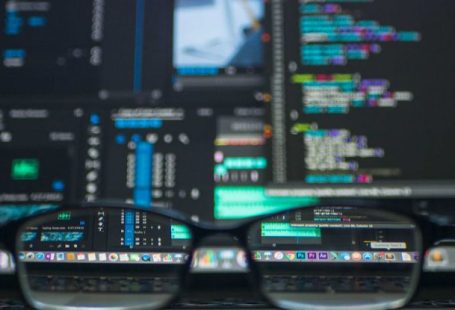In today’s world, the wealth gap has become a prominent issue that continues to widen, sparking debates and discussions across various sectors. This gap refers to the unequal distribution of assets and resources among individuals or groups within a society. It is a complex phenomenon influenced by various factors such as income disparities, access to education, employment opportunities, and social mobility. Understanding the wealth gap is crucial as it sheds light on the disparities that exist within societies and their implications on economic growth, social stability, and overall well-being.
**Defining the Wealth Gap**
The wealth gap can be defined as the unequal distribution of financial assets, resources, and opportunities among individuals or groups within a society. It is often measured by comparing the wealth held by the wealthiest individuals or households to that of the least wealthy. This comparison highlights the disparities in financial well-being and access to resources within a given population.
**Factors Contributing to the Wealth Gap**
Several factors contribute to the widening wealth gap in societies around the world. Income inequality, which refers to the unequal distribution of income among individuals or households, is a significant driver of the wealth gap. Those with higher incomes have more resources to save, invest, and accumulate wealth, thereby widening the wealth disparity between different income groups.
Access to education and employment opportunities also plays a crucial role in perpetuating the wealth gap. Individuals with higher levels of education and access to well-paying jobs are more likely to accumulate wealth over time compared to those with limited educational opportunities or low-wage jobs. This disparity in access to education and employment further exacerbates the wealth gap within societies.
**Implications of the Wealth Gap**
The wealth gap has far-reaching implications for individuals, communities, and societies as a whole. Economically, a widening wealth gap can hinder economic growth and stability. When a significant portion of the population has limited resources and purchasing power, it can lead to reduced consumer spending, lower investment levels, and decreased overall economic productivity.
Socially, the wealth gap can contribute to social unrest, inequality, and a lack of social mobility. Individuals from lower-income backgrounds may face barriers to accessing basic necessities, quality education, healthcare, and housing, perpetuating a cycle of poverty and limited opportunities for upward mobility. This can lead to increased social tensions, crime rates, and overall societal instability.
**Addressing the Wealth Gap**
Addressing the wealth gap requires a multifaceted approach that targets the root causes of inequality and promotes economic and social mobility for all individuals. Policies that aim to reduce income inequality, such as progressive taxation, minimum wage laws, and social welfare programs, can help redistribute wealth and resources more equitably among different income groups.
Investing in education and job training programs that provide individuals with the skills and opportunities to secure well-paying jobs can also help narrow the wealth gap by increasing access to economic opportunities and upward mobility. Additionally, promoting financial literacy and access to affordable banking services can empower individuals to save, invest, and build wealth over time.
**In Conclusion: Why the Wealth Gap Matters**
The wealth gap is not just a statistical measure of inequality; it is a reflection of the disparities in opportunities, resources, and well-being that exist within societies. Addressing the wealth gap is essential for promoting economic growth, social stability, and overall prosperity for all individuals. By understanding the factors contributing to the wealth gap and implementing policies that promote equality and opportunity, we can work towards creating a more inclusive and equitable society for future generations.





